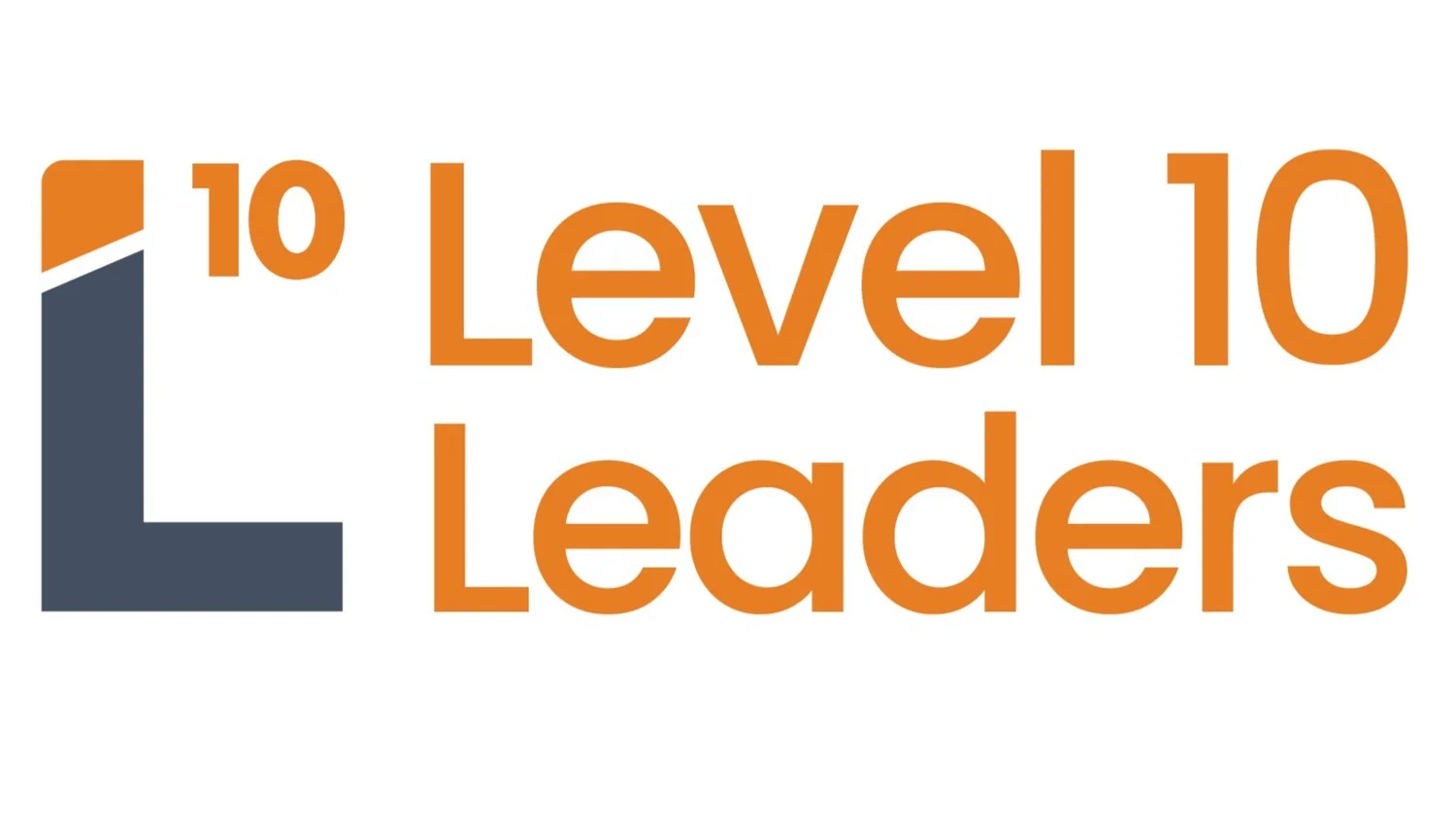The path forward: Adapting to Gen Z
Gen Z is entering the workforce with a clear vision of what they want from their careers, and it’s not what previous generations have settled for. In this article, I explore how Gen Z’s values are reshaping work culture and dive into practical steps for organizations to adapt, ensuring they not only meet the demands of this new generation but thrive in a rapidly changing work environment.
AI+HI: Better together
AI is often painted as a threat to jobs, and in many cases it is. That’s bad news for knowledge roles that are mostly processing because the first and most powerful use of AI is “1000 interns,” able to automate months of research in minutes. But the other side of AI automating humans out of jobs is a lot more positive. However, that requires the deliberate deployment and development of HI – Human Intelligence.
Adaptability: How to lead through change without adding more to your plate
Feeling overwhelmed is a natural response to uncertainty. There’s not much that can be done about the external sources of overwhelm, but there are some things you can do to reframe the environment for people, mainly around helping people see opportunity in change, and by giving them the tools to be more adaptable in uncertain times.
Accountability done right
A lot of managers talk a good game about accountability. But few actually do it consistently. No one likes being the one who has to say: “We needed you to do this job, and you didn’t do it.” But avoiding accountability hurts your team more than that conversation ever will.
Gen Z and Millennials: The challenge for managers
Gen Z and Millennials now represent a substantial portion of the global talent pool. Their perspectives on work, career progression and well-being are not the same as their predecessors. In this article I look at two important dimensions: how should managers adapt to these folk, and how should senior leaders lead and manage these people as they move into management?
Why holding people to account is hard, and how to do it right
It’s all well and good to talk about accountability. Setting goals, tracking progress, regular check-ins, these are things we should do to be clear about expectations and then hold people to account. We know it’s important, and we know what happens (or doesn’t happen) if you don’t have accountability.






